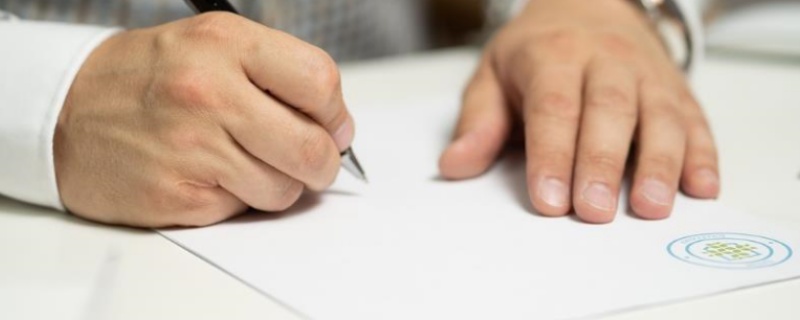1.(用于否定句中表示某事尚未发生但有可能发生,在疑问句中用来询问某事是否已发生。英国英语中,表示此义时通常不与一般过去时连用)尚(未),还,仍
You useyet in negative statements to indicate that something has not happened up to the present time, although it probably will happen. You can also useyet in questions to ask if something has happened up to the present time. In British English the simple past tense is not normally used with this meaning of 'yet'.
e.g. They haven't finishedyet...
他们还没有完成。
e.g. No decision hasyet been made...
尚未作出决定。
2.(与谈论过去的否定句连用,表示当时并非如此)还,尚(未)
You useyet with a negative statement when you are talking about the past, to report something that was not the case then, although it became the case later.
e.g. There was so much that Sam didn't knowyet...
还有很多是萨姆当时不知道的。
e.g. He had asked around and learned that Billy was notyet here.
他四处询问,得知比利还没到这儿。
In British English,
yet and
already are usually used with the present perfect tense.
Have they said sorry or not yet?... I have already started knitting baby clothes.This usage is becoming more common in British English. In American English, a past tense is commonly used.
I didn't get any sleep yet... She already told the neighbors not to come.英国英语中,
yet和already通常用于现在完成时。例如,Have they said sorry or not
yet(他们是否已经道过歉了),I have already started knitting baby clothes(我已经开始织婴儿衣服了)。这种用法在英国英语中越来越普遍。在美国英语中,一般使用过去时:I didn't get any sleep
yet(我还没合过眼),She already told the neighbors not to come(她已经告诉邻居们不要过来了)。
3.(用于否定句,表示某事以后会做但现在不该或不能做)还,尚
If you say that something should not or cannot be doneyet, you mean that it should not or cannot be done now, although it will have to be done at a later time.
e.g. Don't get upyet...
先不要起床。
e.g. The hostages cannot go home justyet...
人质目前还不能回家。
4.(用于最高级后,表示到目前为止最差或最好)迄今为止,到目前为止
You useyet after a superlative to indicate, for example, that something is the worst or the best of its kind up to the present time.
e.g. This is the BBC's worst ideayet...
这是到目前为止英国广播公司的最糟糕的点子。
e.g. Her latest novel is her bestyet.
她的最新小说是她迄今为止最好的一部。
5.(用于表示仍有可能)还是,仍然
You can useyet to say that there is still a possibility that something will happen.
yet
e.g. Like the best stories, this one mayyet have a happy end...
就像最精彩的故事那样,这个故事也许仍会有个美好的结局。
e.g. A negotiated settlement mightyet be possible.
也许仍有可能通过磋商达成协议。
6.(用于表示一段时间的表达后,表示时间的延续)还要,还
You can useyet after expressions which refer to a period of time, when you want to say how much longer a situation will continue for.
e.g. Unemployment will go on rising for some timeyet...
失业人数在一段时间内还将上升。
e.g. Nothing will happen for a few yearsyet...
几年内还不会有什么事发生。
7.(表示从未做过某事,尤指惊人的事或坏事)还未,尚未
If you say that you haveyet to do something, you mean that you have never done it, especially when this is surprising or bad.
e.g. She hasyet to spend a Christmas with her husband...
她还从没和她的丈夫一起过过圣诞节。
e.g. He has been nominated three times for the Oscar but hasyet to win.
他已经3次获奥斯卡提名,但从未获奖。
8.(用于引出颇令人惊讶的事实)可是却,却又
You can useyet to introduce a fact which is rather surprising after the previous fact you have just mentioned.
e.g. I don't eat much,yet I am a size 16...
我吃得并不多,但是却穿16码的衣服。
e.g. They were terrified James would die —yet there were moments when they almost wished he would...
他们很害怕詹姆斯会死——然而,有那么几个瞬间,他们几乎是希望他会死。
9.(用于强调,尤指相对于以前同类事物更为极端等)还要,甚至,更
You can useyet to emphasize a word, especially when you are saying that something is surprising because it is more extreme than previous things of its kind, or a further case of them.
e.g. yet bigger satellites will be sent up into orbit...
更为大型的卫星将被送入轨道。
e.g. I sawyet another doctor...
我又看了一个医生。
10.(用于否定句)迄今为止,目前为止
You useas yet with negative statements to describe a situation that has existed up until the present time.
e.g. Asyet it is not known whether the crash was the result of an accident...
目前尚不清楚撞车是否是由事故引起的。
e.g. We have not asyet received a response.
我们还未收到回复。



